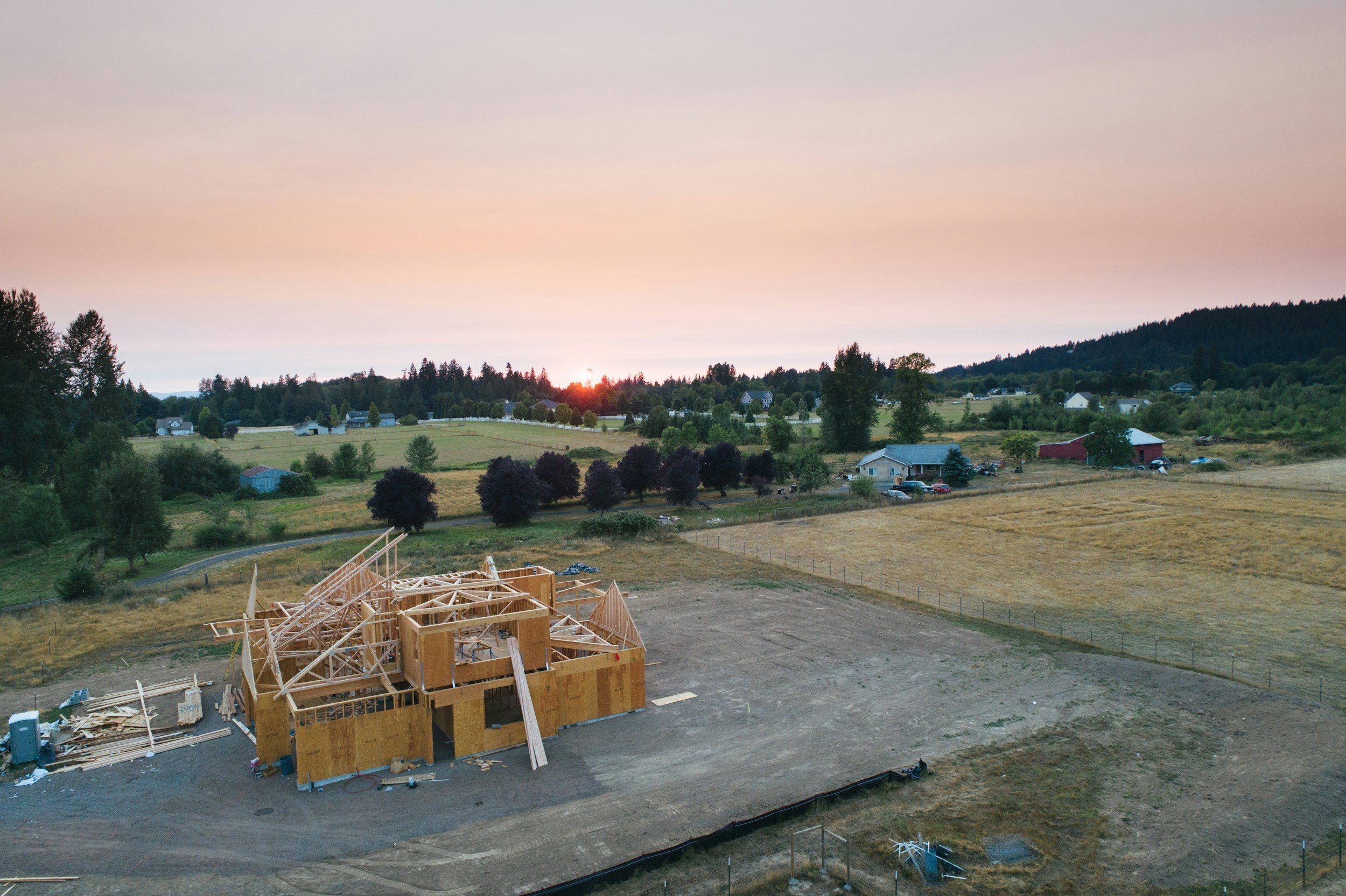Real Estate Developer Life Videos:
Here’s a brief list of what Real Estate Developers do:
Market Analysis: Conduct market research and feasibility studies to identify potential development opportunities based on market demand, trends, and economic factors.
Site Selection and Acquisition: Identify suitable land or properties for development, negotiate purchase agreements, and secure necessary permits and approvals.
Financial Planning and Financing: Develop project budgets, secure financing from lenders or investors, and manage financial aspects throughout the development process.
Design and Planning: Collaborate with architects, engineers, and urban planners to create design concepts, blueprints, and development plans that align with project goals and zoning regulations.
Construction Oversight: Manage construction activities, contractor selection, and project timelines to ensure quality construction and adherence to budgetary constraints.
Project Management: Oversee all phases of development projects, including scheduling, procurement, and coordination of resources and stakeholders.
Here’s how YOU can become one:
Education and Knowledge Building:
Educational Background: While a specific degree is not always required, many developers have backgrounds in real estate, finance, business, or construction management. A degree in one of these fields can provide valuable knowledge and skills.
Continued Learning: Stay updated on real estate trends, market dynamics, finance, and local zoning laws. This can be through formal education, seminars, workshops, or self-study.
Gain Experience in Real Estate:
Start in Real Estate: Begin your career in real estate to gain practical experience. This could be in property management, real estate sales, or working for a development firm.
Network: Build relationships with professionals in the industry including real estate agents, contractors, architects, and investors.
Develop Financial Acumen:
Understand Finance: Real estate development requires a strong understanding of finance, including debt and equity financing, ROI calculations, and financial risk management.
Financial Modeling: Learn how to create financial models for real estate projects to assess feasibility and profitability.
Identify a Niche and Market:
Choose a Niche: Decide on the type of real estate development that interests you, whether it's residential, commercial, industrial, or mixed-use.
Research the Market: Understand the local real estate market including demand trends, supply dynamics, and regulatory environment.
Start Small and Build Up:
Begin with Small Projects: Start with smaller projects to gain experience and credibility. This might involve renovations, flipping properties, or small-scale developments.
Build a Portfolio: As you gain experience and success, gradually take on larger and more complex projects.
Assemble a Team:
Build a Network: Develop relationships with professionals such as architects, contractors, lawyers, and real estate agents who can provide expertise and support.
Form Partnerships: Consider forming partnerships with investors or other developers to share resources and mitigate risks.
Navigate Legal and Regulatory Requirements:
Understand Zoning and Regulations: Familiarize yourself with local zoning laws, building codes, and regulatory requirements that impact real estate development projects.
Legal Expertise: Consult with legal professionals to ensure compliance and to handle contracts, permits, and other legal aspects of development.
Manage Risks Effectively:
Risk Assessment: Develop strategies to identify and mitigate risks associated with real estate development, including financial, market, and construction risks.
Due Diligence: Conduct thorough due diligence on properties and projects before committing resources.
This is a very brief and general plan. To know your specific academic path for this career please talk to an advisor at the college or program you plan on attending!




